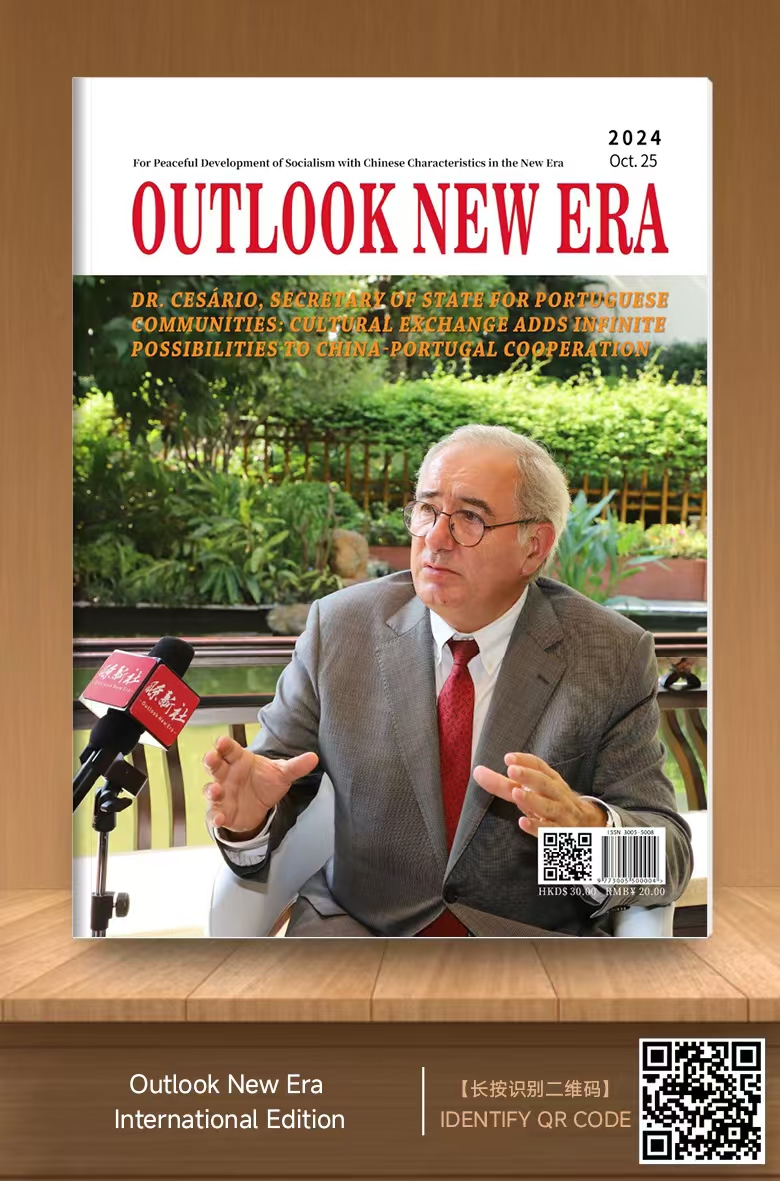2024-10-25
In late September, the United Nations (UN) convened the Summit of the Future at its headquarters in New York, attended by around 130 heads of state and government. The name of the summit underscores its primary goal — to examine the myriad global challenges from a future-oriented perspective, with the aim of constructing a better world for future generations.
The summit adopted the Pact for the Future, along with its annexes, the Global Digital Compact and the Declaration of the Future Generations. The Pact represent a wish list based on the latest international consensus and provide a roadmap for action across various domains, including peace and security, sustainable development, climate change, digital cooperation, human rights, gender, youth and future generations, and the transformation of global governance. Being not just some documents, they symbolize a commitment, and a promise to generations yet to come. "These programmatic documents set us on a stronger cause of transformation. Together, they outline commitments to accelerate progress across the Sustainable Development Goals and a future that is more peaceful, just and resilient," said Philémon Yang, the President of the UN General Assembly.
Humanity stands at a crucial juncture that urgently demands consensus. As UN Secretary-General António Guterres remarked "our multilateral tools and institutions are unable to respond effectively to today's political, economic, environmental and technological challenges." Today, humanity faces serious and multifaceted tests: escalating regional conflicts, extreme weather events striking the planet at alarming rates, a rise in trade protectionism leading to an "anti-globalization" backlash,and governance challenges posed by emerging technologies. During this period of turmoil and transformation, it is essential for humanity to reassess the existing global governance framework and collective contemplate the future direction of global development. Fortunately, nations have managed to reach a broadest common understanding, providing guidance for reforming the international system and reinspiring multilateralism.
The 56 pledges to action seek to "lay the foundation for a sustainable, just, and peaceful global order", bring vital momentum to the hard-won consensus pact.
On peace and security, nations promise a breakthrough on reforms to make the Security Council more reflective of today's world, addressing the historic under-representation of Africa, Asia-Pacific, and Latin America. This represents the first agreed multilateral support for nuclear disarmament in more than a decade, recognizing the changing nature of conflict, and commit to steps to prevent an arms race in outer space and to govern the use of lethal autonomous weapons.
On sustainable development, these agreements represent major progress towards groundbreaking reforms of the international financial architecture, and provide an effective global safety net for developing countries at a time when many of them are suffocating in debt and unable to make progress on the Sustainable Development Goals. Countries have also agreed on turbocharging the Paris Agreement, accelerating a just transition away from fossil fuels, and securing a peaceful and livable future for everyone on our planet.
In addition, the Global Digital Compact includes the first truly universal agreement on the international governance of Artificial Intelligence; the Declaration on Future Generations commits governments for the first time to taking the interests of our descendants into account in decisions we take today. Three Adopted agreements all emphasize the respect for human rights, cultural diversity and gender equality…
The Pact of the Future asserts that "achieving sustainable development and leaving no one behind is now, and will always be, the core objective of multilateralism." Looking ahead, implementing the Pact of the Future will require a commitment to global consensus-building and cooperation, close collaboration among nations, and the effective operation and support of multilateral institutions. In the current complex international landscape, this also highlights the value of multilateralism in addressing challenges such as the climate crisis, inequality, and other unpredictable new global risks.

特别声明:本站转载或引用之图文若侵犯了您的合法权益,请与本站联系,本站将及时更正、删除。版权问题及网站合作, 请通过瞭望新时代邮箱联系:lwxsd@liaowanghn.com
 推荐阅读 换一换
推荐阅读 换一换 